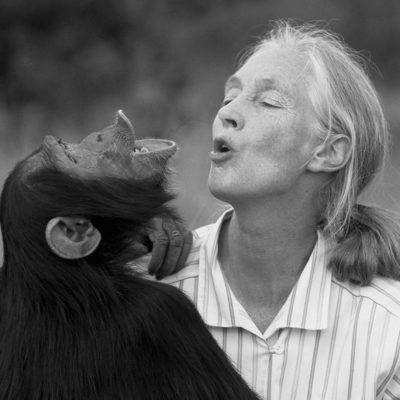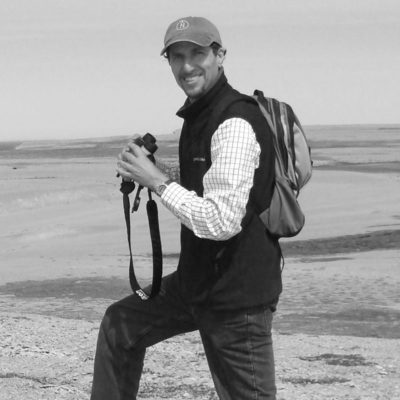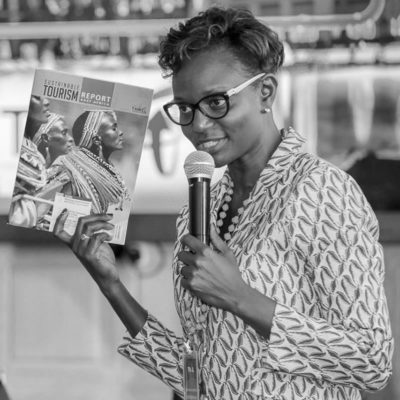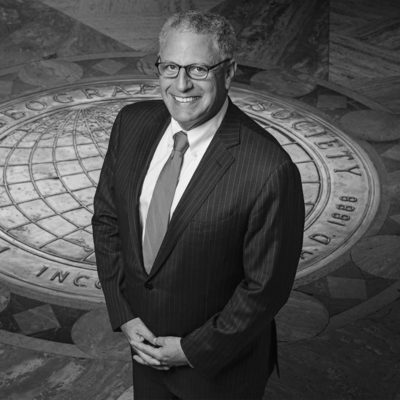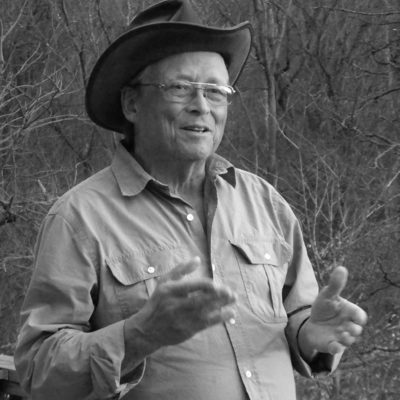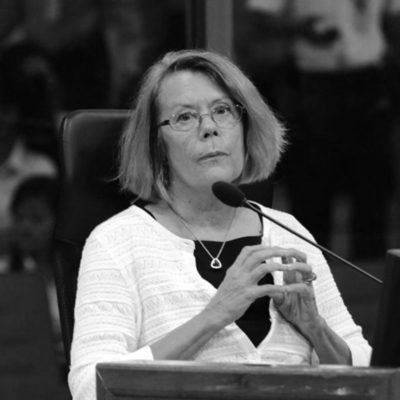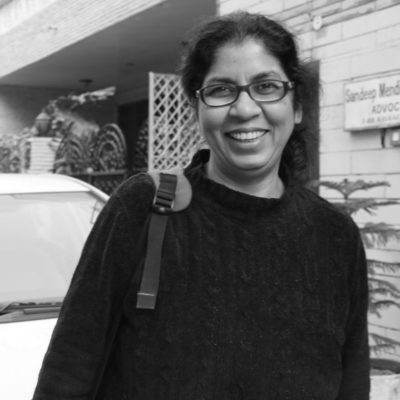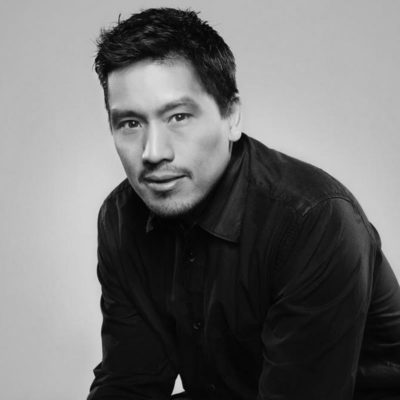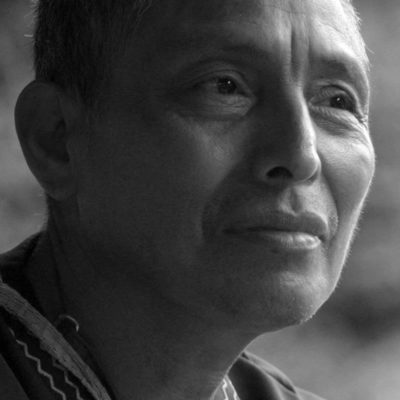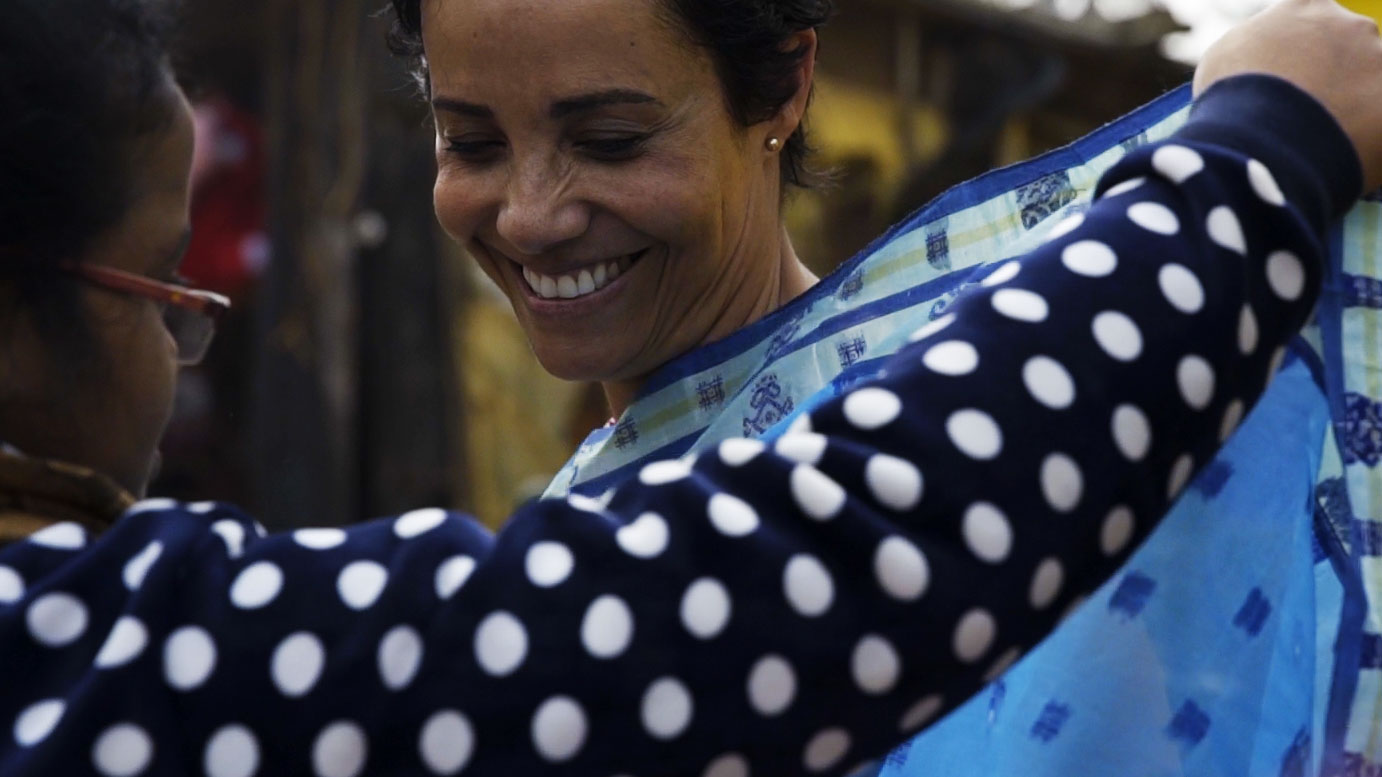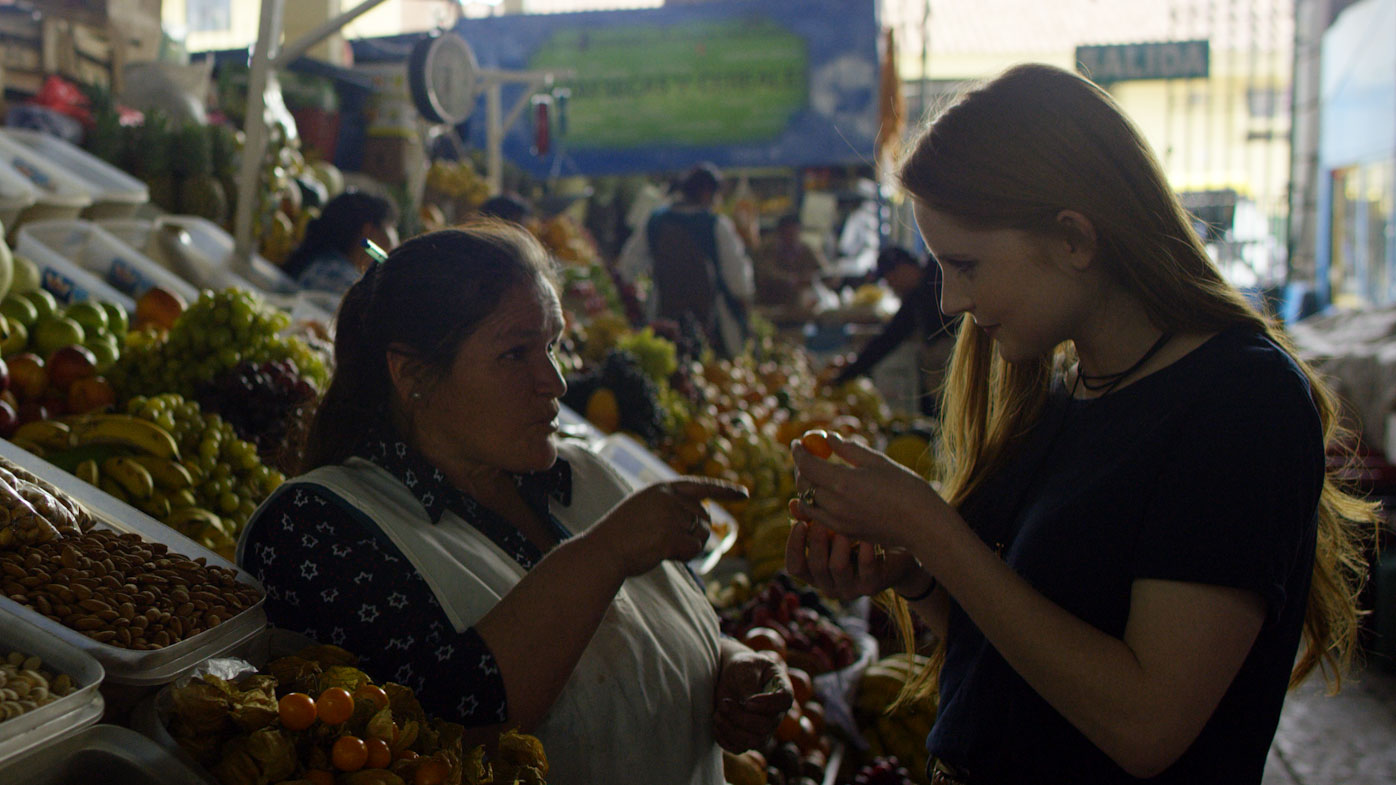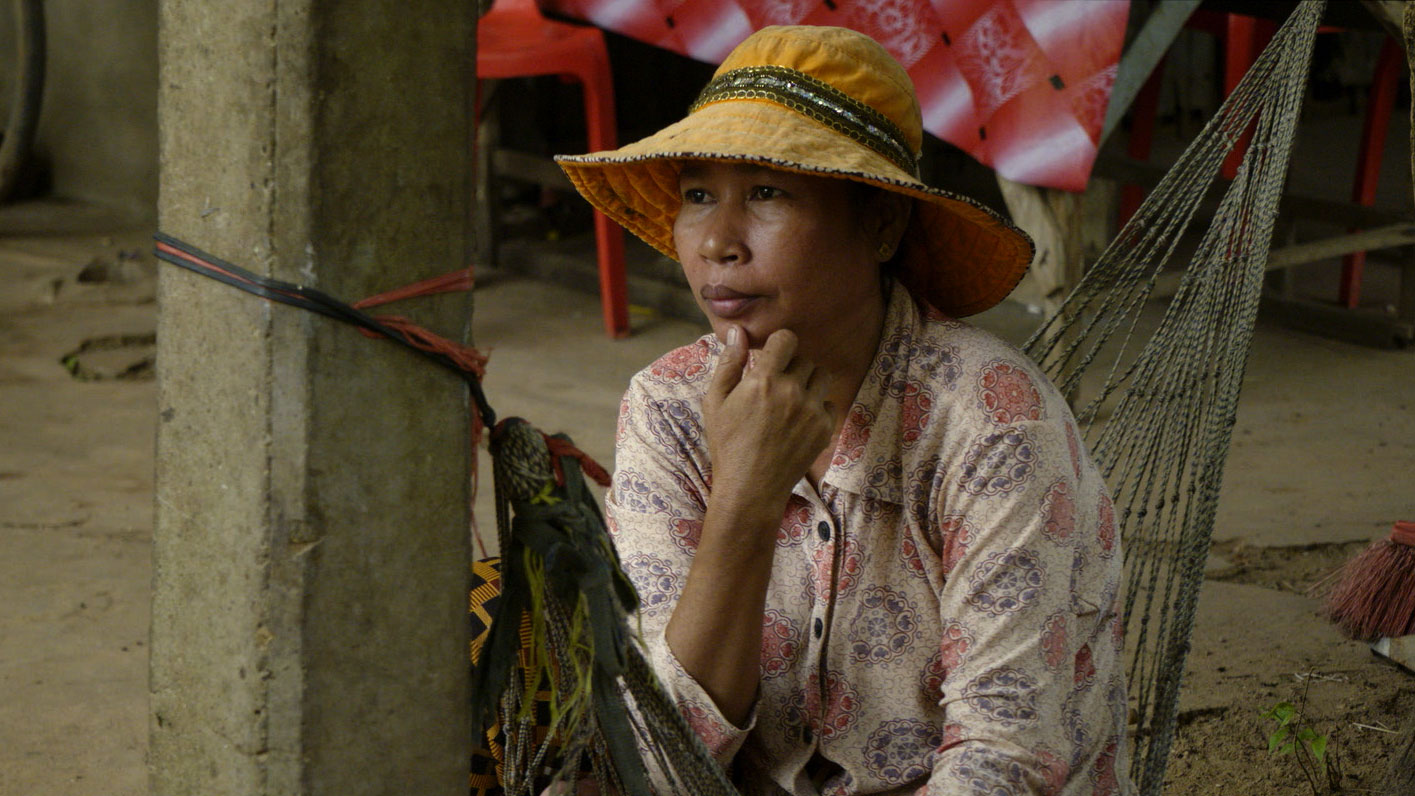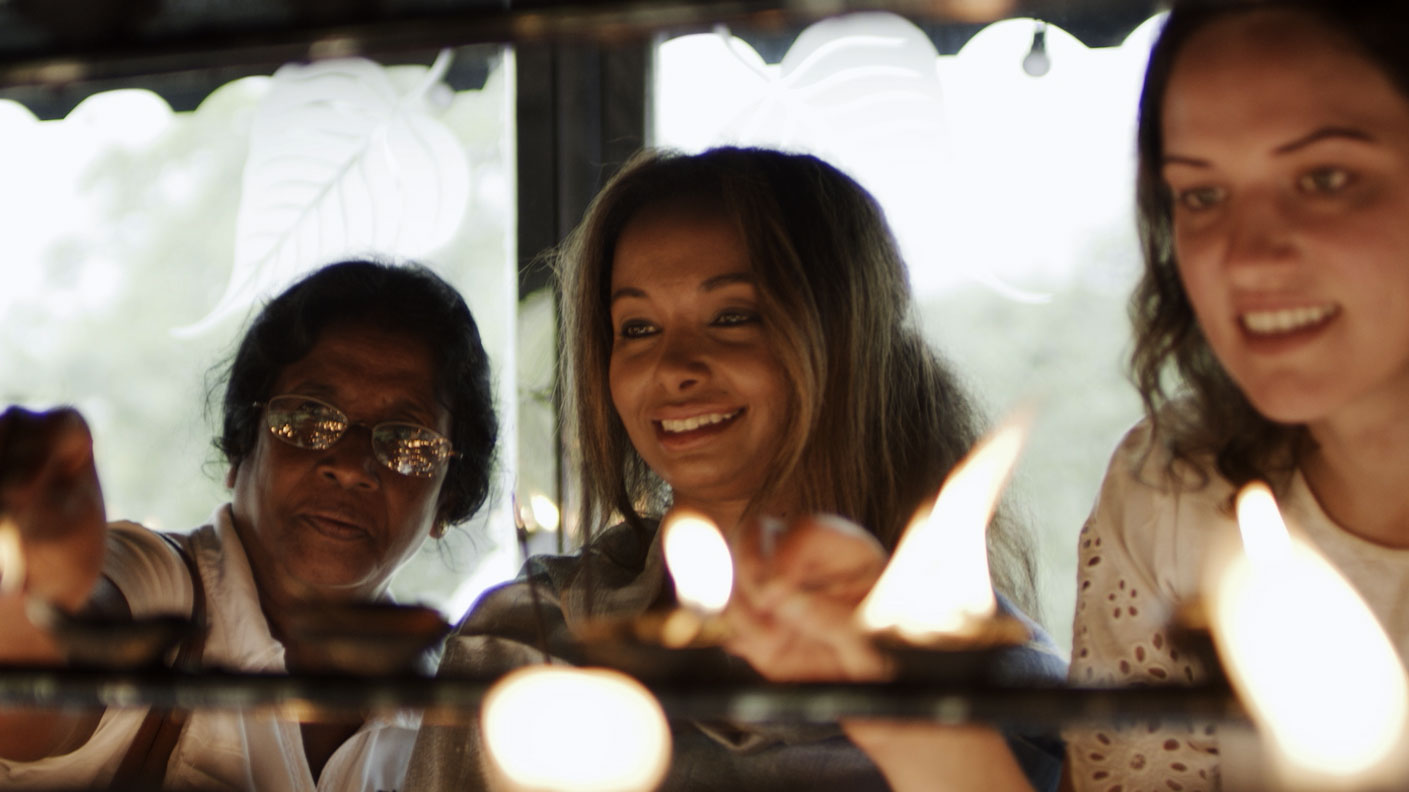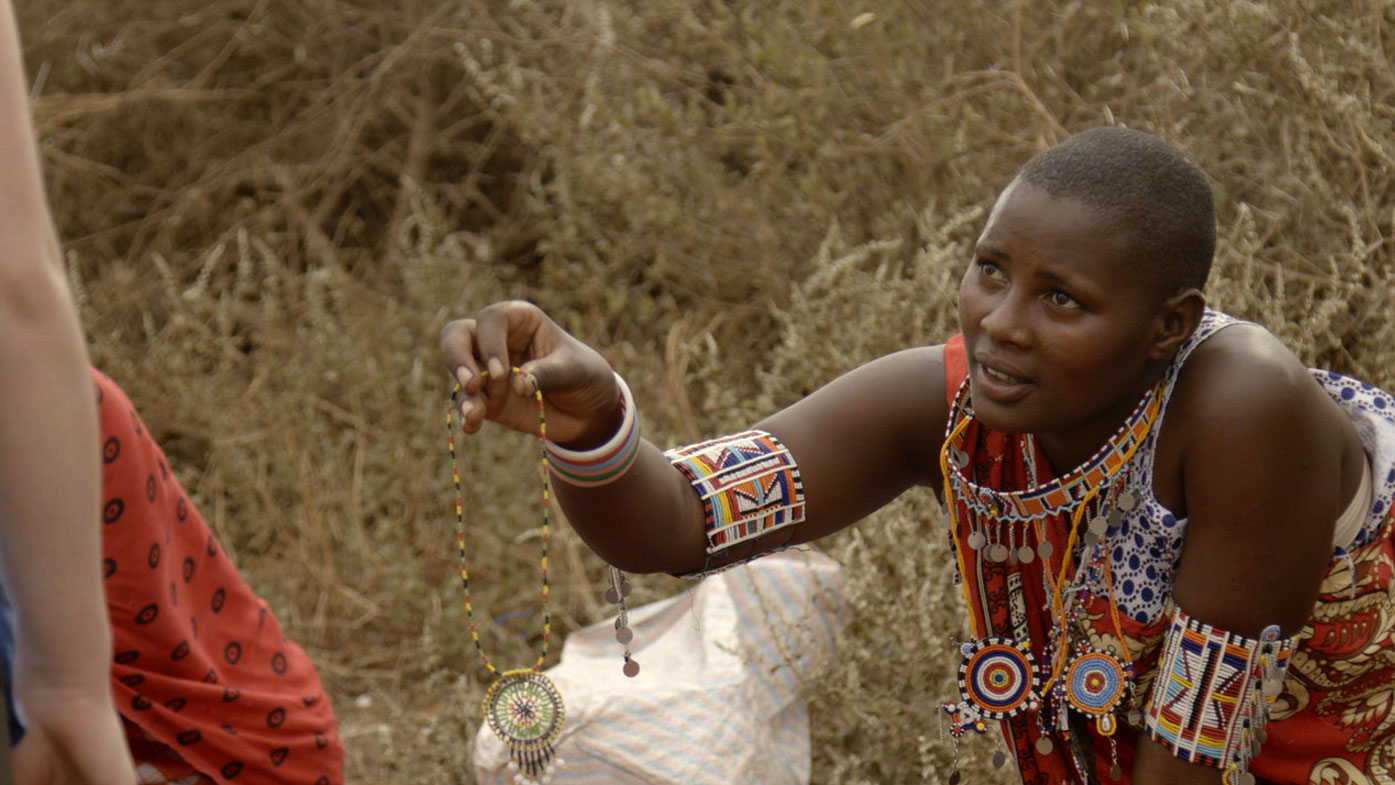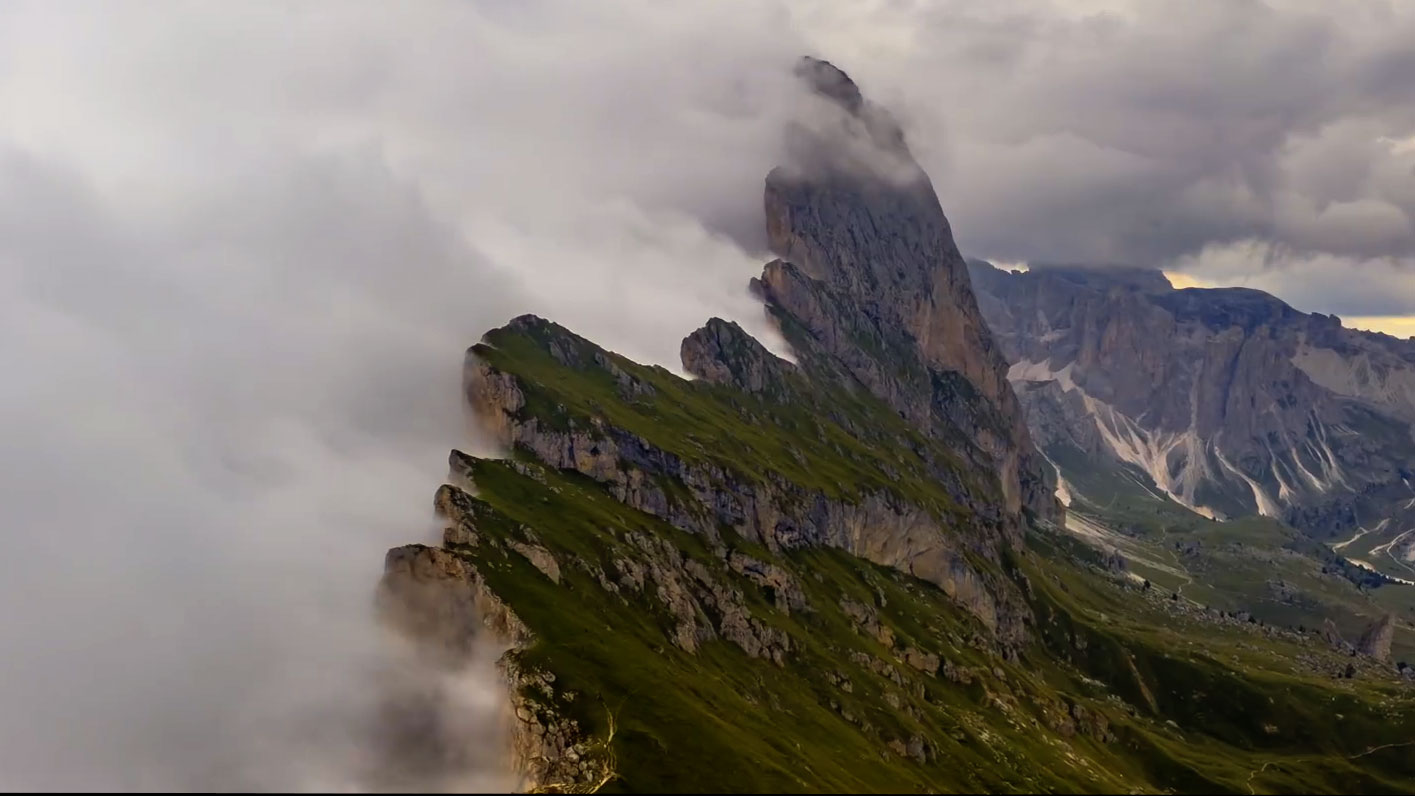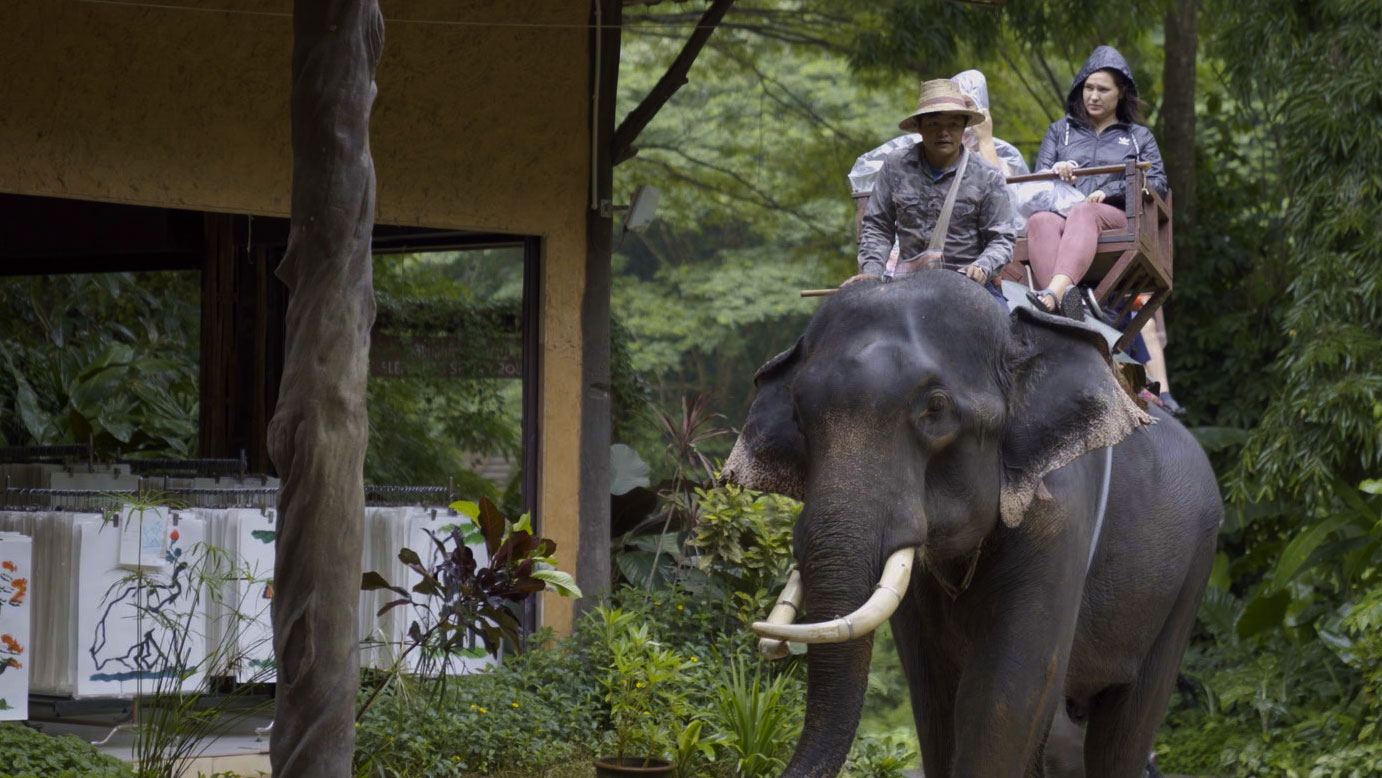This film is a wake-up call.
We need to dramatically rethink the way we travel.
In 1950, there were 25 million international tourist arrivals. In 2020, that number will be 1.6 billion. More people are traveling now than at any other point in history.
Travel is in an unfortunate state. Overtourism has magnified the increasing impact on the environment, wildlife, and vulnerable populations around the world. Unintentionally, tourists are destroying the very things they have come to see. Tourism has reached a tipping point.
Yet, travel is also an opportunity. It can be leveraged as a force for good – to promote conservation, alleviate poverty and positively transform the lives of people living in host communities, while fostering cultural connection and understanding between people from all walks of life. Tourism can spread peace and be the greatest form of wealth distribution the world has ever seen.
This poignant film explores how tourism can be a force for good and our ability harness tourism’s power in a way that creates shared value for all – travelers and host communities alike – while preserving the places and natural resources we treasure most.
Change starts with us.




